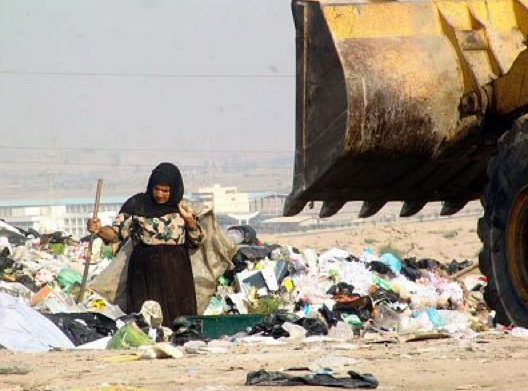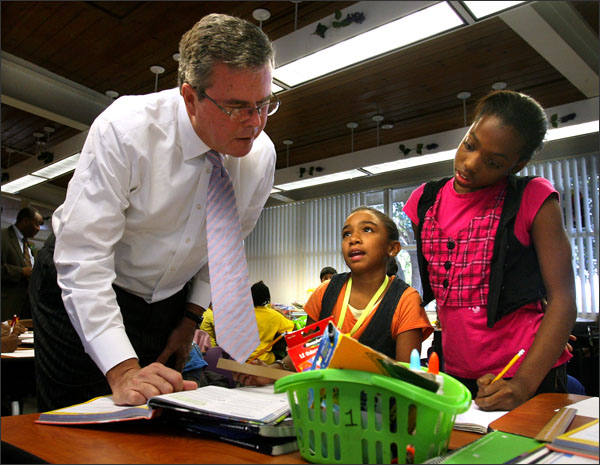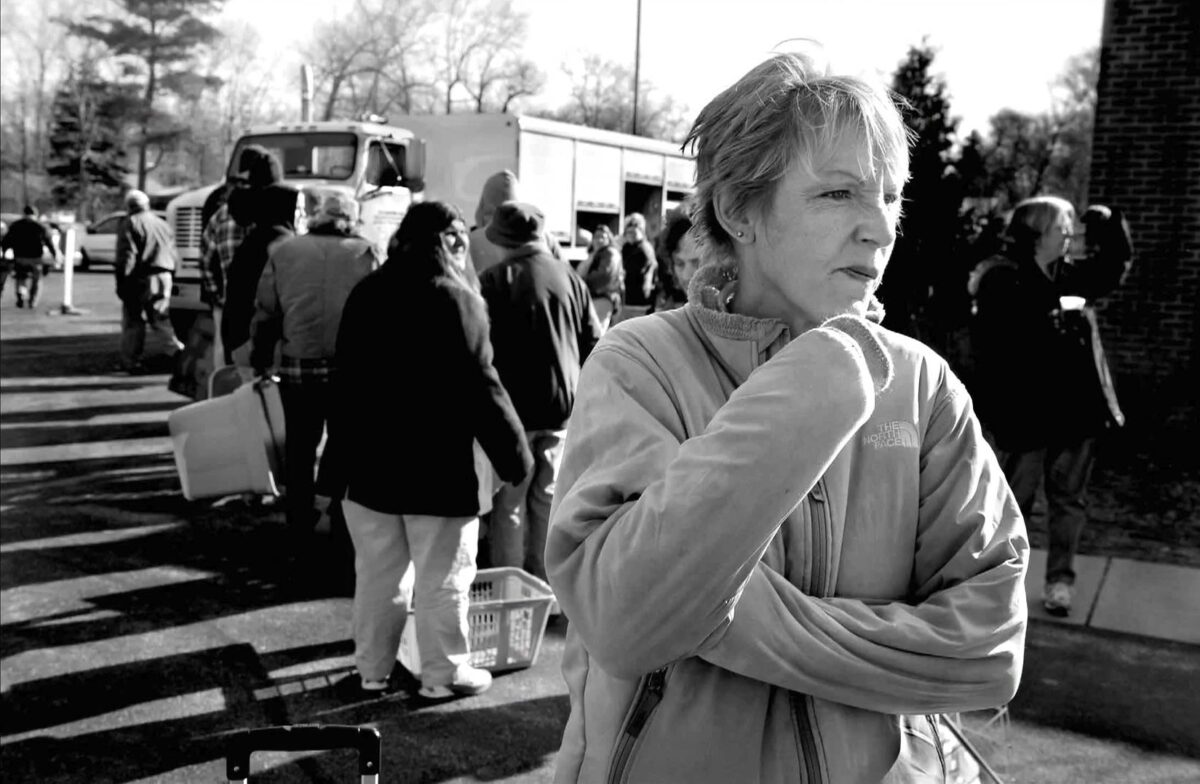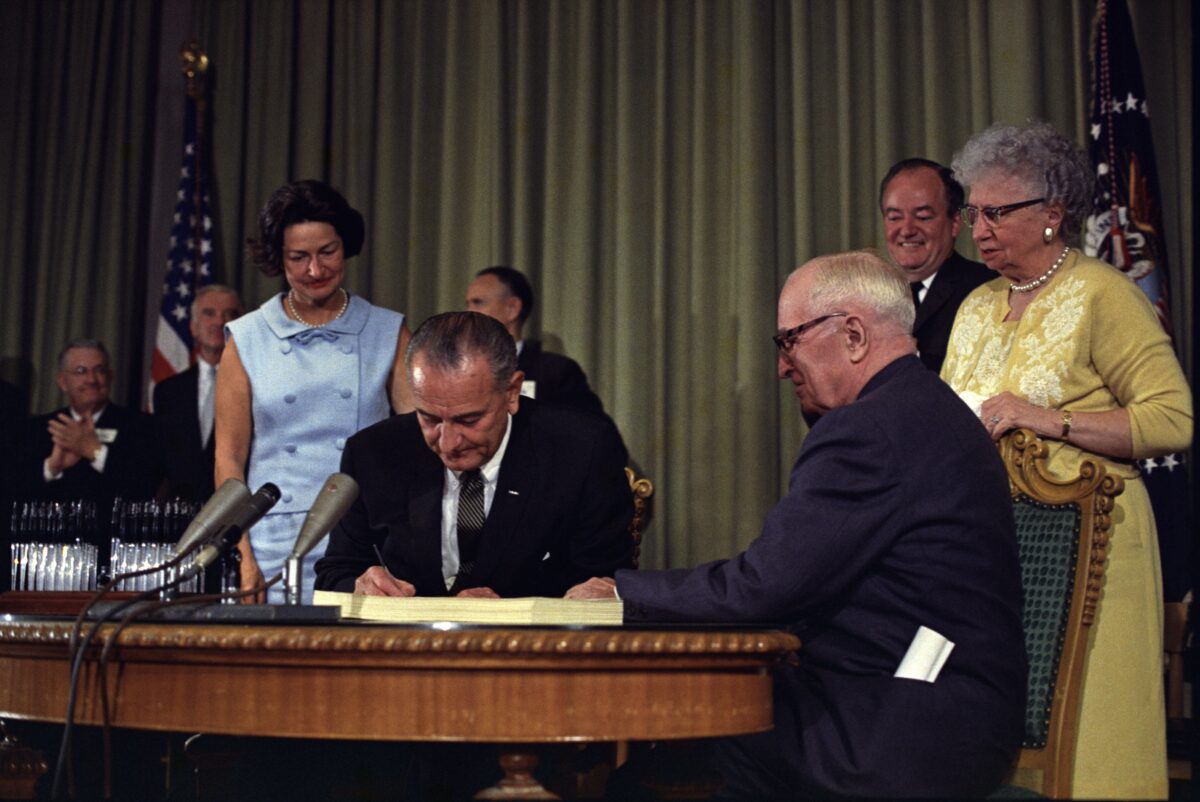inequality
Explore all Articles
filter by–Region
filter by–Country
search by–Keyword

The Gaps in India’s Growth Story
08.25.16
BY MALINI BOSE At the World Bank Spring Meetings this year, Raghuram Rajan, the head of India’s central bank christened India a “one-eyed king in the land of the blind” when asked to comment on the rapidly-growing Indian economy in the context of flagging global growth. The country’s growth-focused government did not approve—Finance Minister Arun […]

Worker Cooperatives: A Bipartisan Solution to America’s Growing Income Inequality
06.15.16
BY BENJAMIN GILLIES This piece appeared in our 2016 print journal. You can order your copy here. The ancient Greek philosopher Plato argued that in order for a democratic society to function properly, the wealthiest members should never be more than five times as rich as its poorest.[i] Yet, in modern America, CEOs and other elites […]

Addressing Inequality through Inclusive and Sustainable Development: Lessons from Detroit
05.11.16
BY ANDREA BLINKHORN AND JONATHAN HUI Driving down Puritan Avenue in the Martin Park neighborhood in northwest Detroit, it’s hard not to feel a sense of emptiness. Many houses are boarded up and crumbling, lying in a state of long-time disrepair that belies the ornate architectural styles that used to define the city. A short […]

Poverty is not a Culture: The weight of scarcity on American social mobility
09.8.14
BY BRIAN CHIGLINSKY, PANGYRUS This article is being published in collaboration with Pangyrus. Sendhil Mullainathan had studied poverty for years, and something haunted him in nearly every study. Born into a small rural village in India, the Harvard behavioral economist and winner of the MacArthur Fellowship—commonly known as a “genius grant”—was inherently skeptical of […]

The Rise of a Narrative: Thomas Piketty at the Kennedy School
04.25.14
BY JOSH RUDOLPH The ideas of economists and political philosophers, both when they are right and when they are wrong are more powerful than is commonly understood. Indeed, the world is ruled by little else. – John Maynard Keynes Friday afternoons tend to be subdued affairs at the Harvard Kennedy School. But the afternoon […]

Jeb Bush on Education Reform in America
12.4.13
BY GOVERNOR JEB BUSH As adults, we are responsible for the educational success of our children. And as adults we can easily thwart young learners. Let me ask you a question. A child enters kindergarten. His mother is a single-parent who works a minimum wage job. Perhaps he lives in the inner city or he […]

America, Decoupled: Fighting the Trend
10.18.13
Note: This is part 2 of a 2 part series. Read Brian’s first post here. Photo credit: Michael S. Williamson (source here). BY BRIAN CHIGLINSKY Yesterday, we introduced the concept of the Great Decoupling – the idea that middle class income growth is no longer connected to the growth of the broader American economy. Today, we look […]

Who is Medicaid Missing? What I learned in “Introduction to U.S. Health Care Policy” shocked me
10.9.13
BY KARLY SCHLEDWITZ With a historic overhaul of our health care system underway, I felt like a good public policy student should understand the basics of American health policy. Dutifully, I enrolled in “Introduction to U.S. Health Policy,” a semester-long course co-taught by Sheila Burke and Richard Frank. I knew there would be new vocabulary […]

The Disparity Bubble: How Inequality Fed the Financial Crisis
04.1.12
BY JAMES WALSH One of the painful lessons of the Great Recession has been that markets do not operate in a vacuum. They are influenced by a variety of external factors, including socioeconomic dynamics, norms of behavior, and institutions. Conversely, the market also has the capacity to shape our politics and society by creating and […]